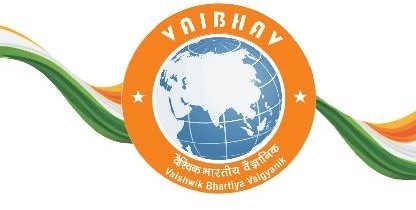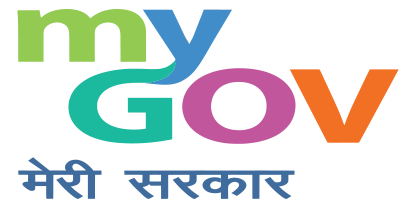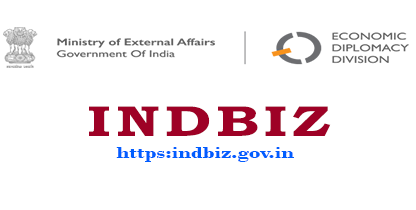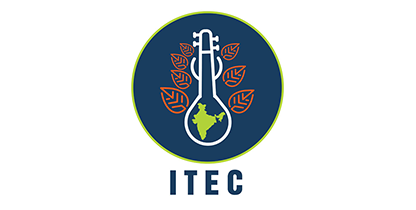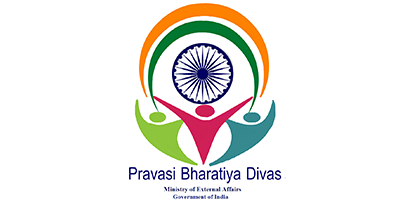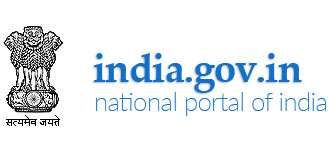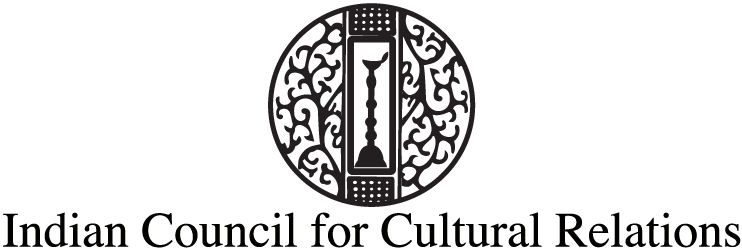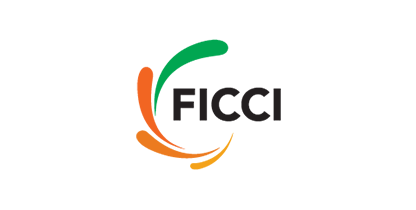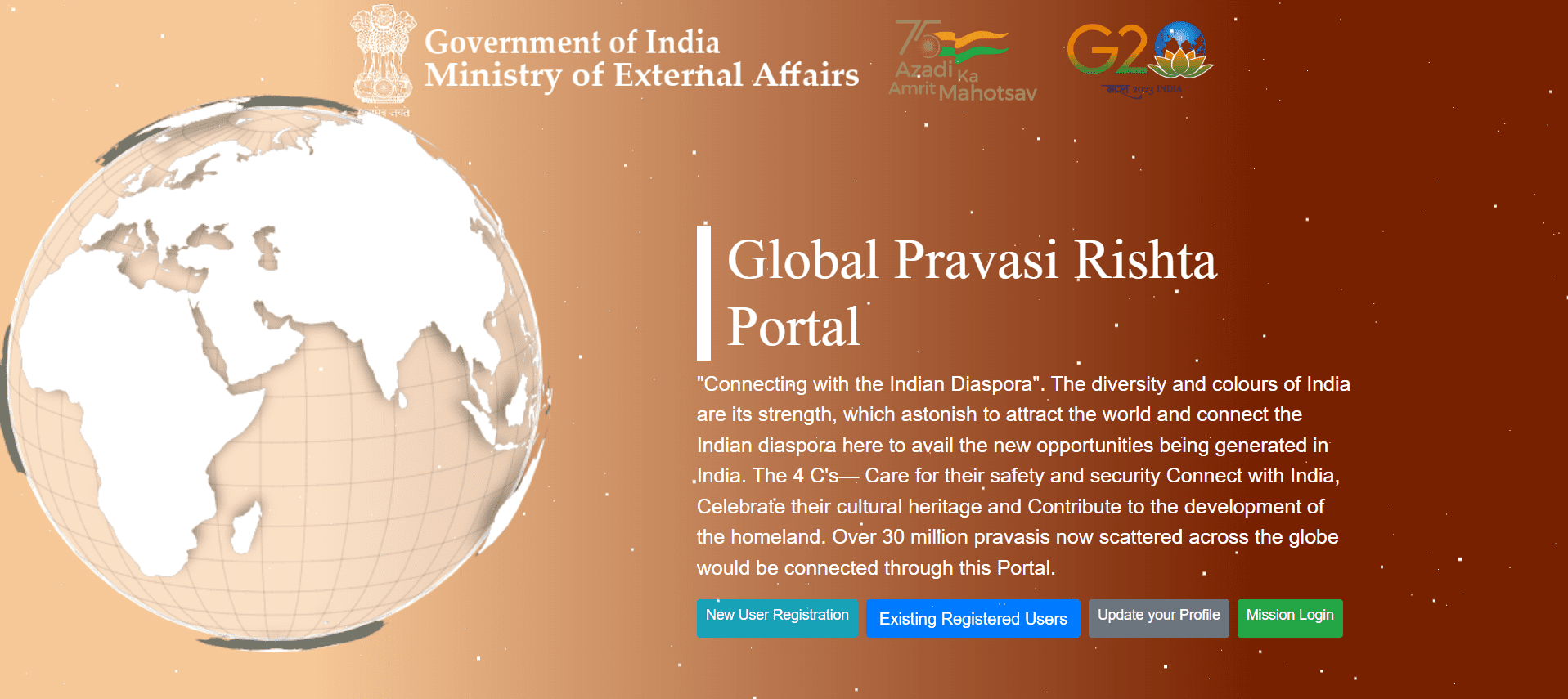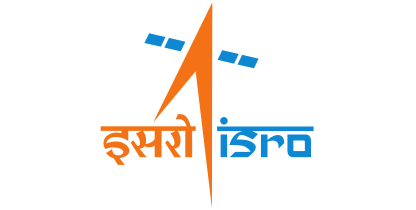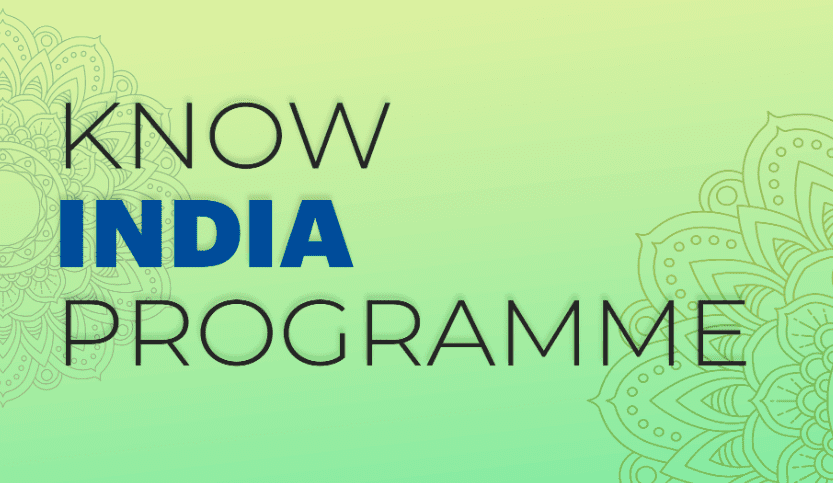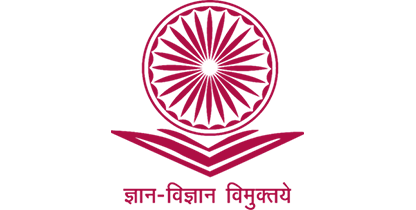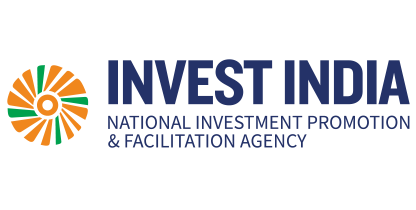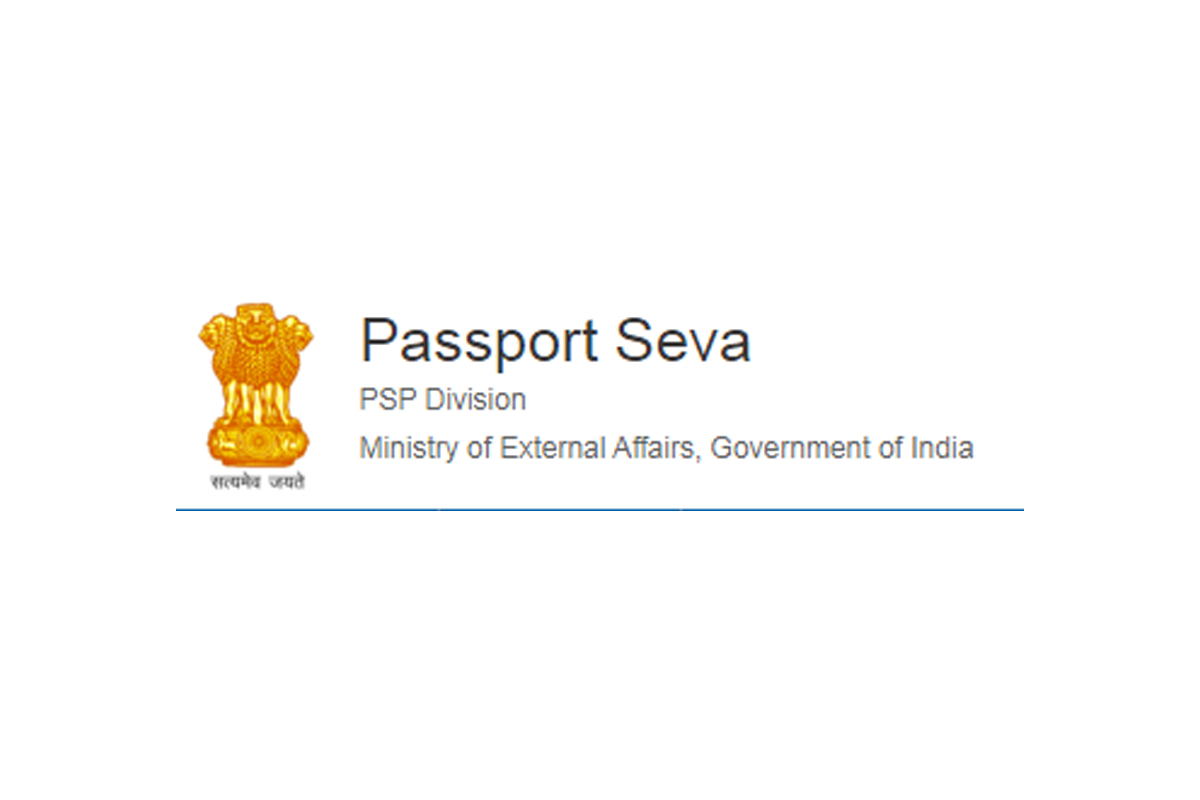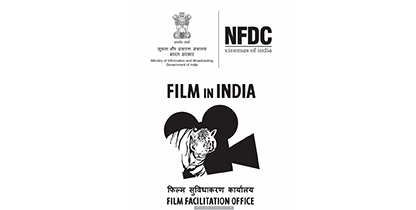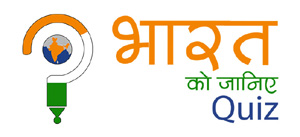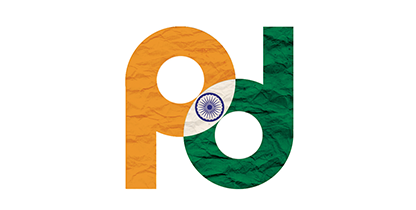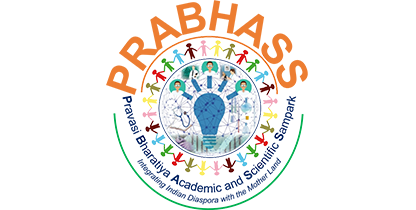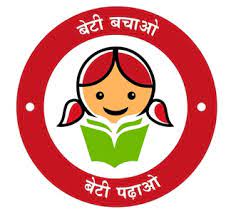India’s Approach to Development Partnership
India’s approach to development partnership is rooted in its historical struggle for independence and solidarity with other developing nations. Inspired by the ideology of ‘Vasudhaiva Kutumbakam ("One Earth, One Family, One Future,") and Mahatma Gandhi’s philosophy of global interconnectedness, India has shared its developmental experiences and expertise with other countries, despite its own resource constraints. India's development cooperation is human-centric, respecting the sovereignty and priorities of its partner countries.
India’s development partnership is guided by principles of respect, diversity, care for the future, and sustainable development. The most fundamental principle is respecting development partners and being guided by their priorities and work towards local community development. India’s development cooperation is comprehensive, encompassing various instruments such as grants-in-aid, lines of credit, Qucik Impact projects and capacity building.
The Government of India extends concessional Lines of Credit (LOCs) to partner countries through the Exim Bank of India. These LOCs support critical infrastructure sectors like transport, energy, agriculture, and healthcare. India has extended significant LOCs to its neighbors, developing countries of South including Suriname, and other countries, funding numerous infrastructure projects and contributing to their development.
India's South-South cooperation (SSC) is a significant aspect of its foreign policy, aimed at fostering partnerships and collaboration with developing countries in the Global South. This approach is rooted in India's historical experience as a developing nation and its commitment to global solidarity. It has wide range of areas covered, including: Infrastructure Development, Agriculture and Food Security, Healthcare and Education, Renewable Energy, Disaster Management, Cultural Exchange, Indian Technical and Economic Cooperation (ITEC) etc.
Capacity building is an important aspect of India's development partnership. The Government of India provides capacity building support through training programs, on-site training, deputation of Indian experts, and establishment of centers of excellence. The Indian Technical and Economic Cooperation (ITEC), fully funded by India, program offers training courses in various fields to government officials and working professionals from partner countries.
India's Quick Impact Projects (QIPs) are small-scale, high-visibility projects are instrumental at creating or upgrading social infrastructure in developing countries. These projects are typically implemented within a short timeframe to deliver immediate and visible benefits to local communities.
During the COVID-19 pandemic, India extended medical assistance, including testing kits, protective gear, and medicines, to over 90 countries. India also provided technical assistance by dispatching rapid response teams and hosting e-ITEC webinars on handling the pandemic.
In addition to infrastructure projects, India has also implemented several cultural and heritage projects in partner countries. These projects aim to preserve and restore historical sites, promote cultural exchange, and strengthen bilateral ties.




